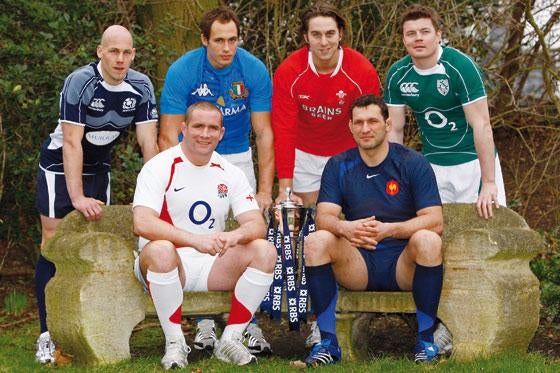
If somebody as experienced as Manchester United media director Phil Townsend wants to say that impact is ‘much more important than checking the facts’in modern sportswriting [see box], then you would like to be presented with the evidence.
When I was a trainee reporter facts, facts, facts was drummed in to me, and so was check, check, check. I stress the same values now when I talk to media groups. That should never change.
It is possible the football beat is one of the toughest in sports writing, and that the Manchester United beat, no matter which area of journalism is involved, is among the most demanding of all. Match-day reporting has to be a lot easier than other days and this second area, I assume, is where Townsend bases his judgement. Can his club provide more?
Townsend, a panellist at the Journalism Leaders Forum, contends that newspapers are dying; but this does not mean there will be decline in journalistic activity. Somebody has to produce the words for websites, even those run by the football clubs themselves. Journalists will always be in demand.
Pressures
I agree that it is not easy for any sport to produce a story for its beat reporters every day of the week. On thin days, things can get stretched and exaggerated, the pressures from employers dictate that.
Exaggeration of minor stories, one of Townsend’s complaints, is possible. But I do not believe it is taking over the world of sports reporting in all its forms.
We cannot defend the indefensible. There is enough anecdotal evidence to show that journalists in Britain – and not just those covering sport – often do more than just ‘bend the rules’to get a story. You only need to read Nick Davies’s new book, Flat Earth News, to see that.
But Phil Townsend, who is, after all, a member of the Sports Journalist’s Association, in blaming spin on the sportswriters is spinning as he does so.
This week, in the build-up to the Super Bowl, our American colleagues have enjoyed untrammelled access to the two teams on a daily basis. It is the common experience in US sport – after the game, the reporter can walk into the changing room for the quotes and inside stories from the players. No flak, no PR spin, no spokesmen, no ‘assistant managers”.
Even here in England, in the past week’s build-up to the Six Nations rugby, the RFU has offered daily, wide-ranging access to its players. Similar access has been offered by Wales and Scotland, too.
Choose
Manchester United is the world’s second-richest football club, and it is where Phil Townsend works. For the past five years, Man U has managed to pick and choose who its manager speaks to after matches – despite Premier League rules that require managers to give a press conference after every game, and despite the fact that one of the outlets ‘boycotted’by the club happens to be a broadcaster which pays millions of pounds of public money for its rights to cover the match.
Might it just be the case that some PR handlers end up creating the situations of which they later complain?
Email pged@pressgazette.co.uk to point out mistakes, provide story tips or send in a letter for publication on our "Letters Page" blog




